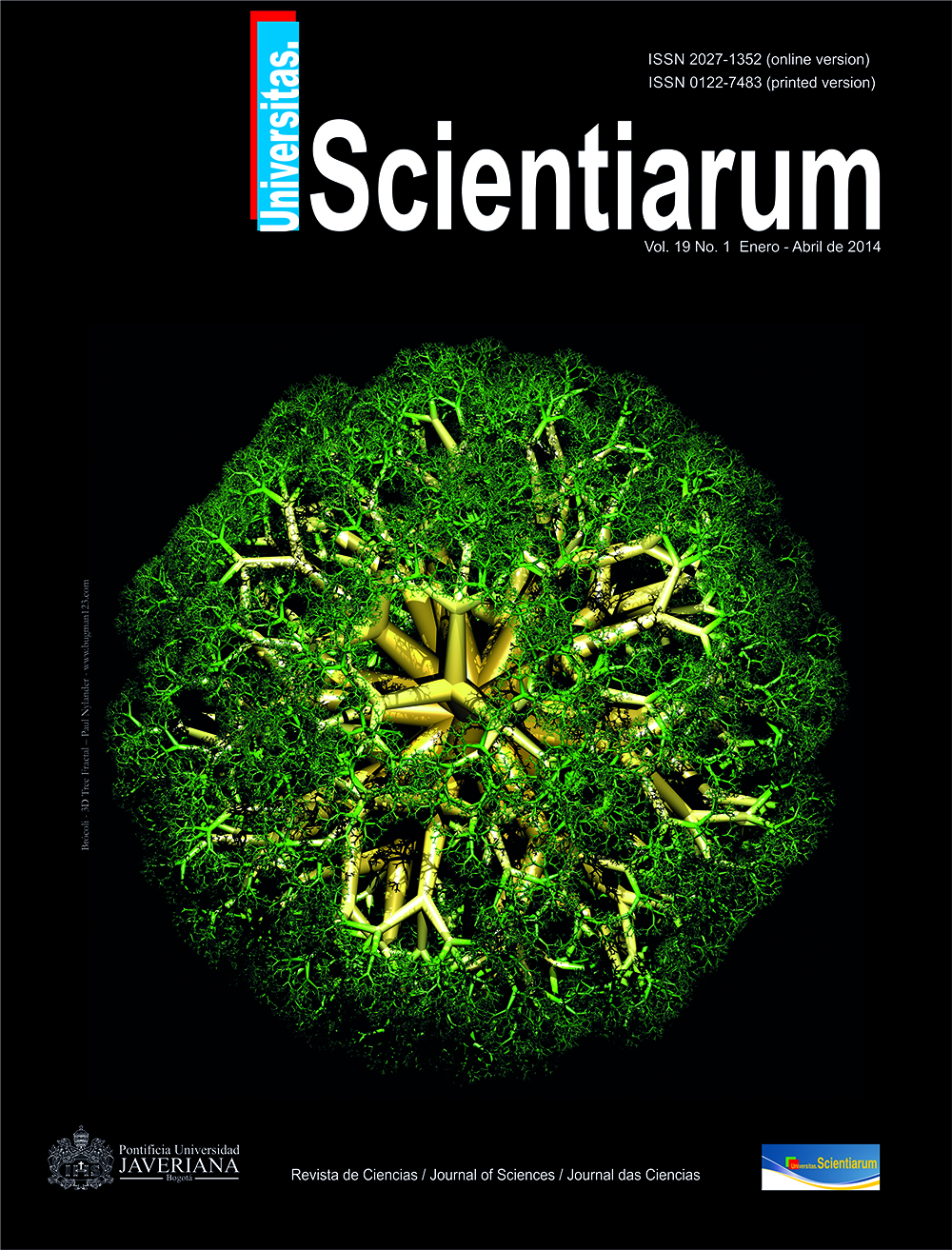Abstract
By performing a mycological culture, we isolated a fungal strain from a mold patch in a book of great heritage value from the “Coronado” archives. Ribosomal DNA sequencing identified the strain as Aspergillus sclerotiorum. By qualitatively determining its cellulolytic, proteolytic and amylolytic and enzymatic activities, as well as the production of pigments and acids, we confirmed its paper deteriorating abilities. Quantitatively, we evaluated its total cellulase enzyme activities on filter paper (FPase) and β-endoglucanase, and FPase and β-endoglucanase; confirming low activities. Although its deteriorating abilities are weak, it poses a threat to the preservation of the document and is a potential health hazard to the people who refer to and archive these books.Univ. Sci. is registered under a Creative Commons Attribution 4.0 International Public License. Thus, this work may be reproduced, distributed, and publicly shared in digital format, as long as the names of the authors and Pontificia Universidad Javeriana are acknowledged. Others are allowed to quote, adapt, transform, auto-archive, republish, and create based on this material, for any purpose (even commercial ones), provided the authorship is duly acknowledged, a link to the original work is provided, and it is specified if changes have been made. Pontificia Universidad Javeriana does not hold the rights of published works and the authors are solely responsible for the contents of their works; they keep the moral, intellectual, privacy, and publicity rights. Approving the intervention of the work (review, copy-editing, translation, layout) and the following outreach, are granted through an use license and not through an assignment of rights. This means the journal and Pontificia Universidad Javeriana cannot be held responsible for any ethical malpractice by the authors. As a consequence of the protection granted by the use license, the journal is not required to publish recantations or modify information already published, unless the errata stems from the editorial management process. Publishing contents in this journal does not generate royalties for contributors.



